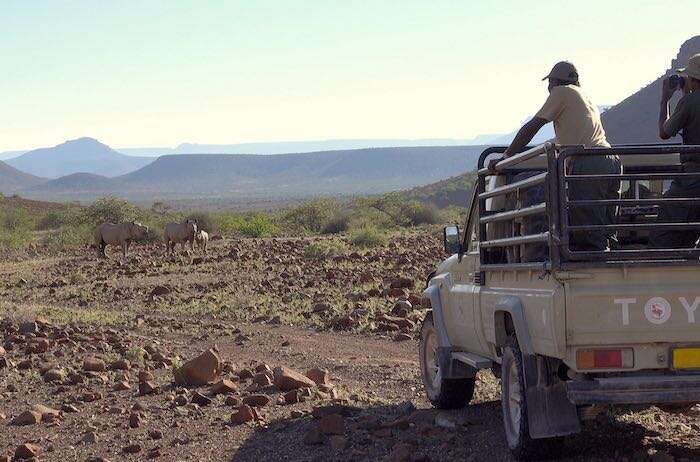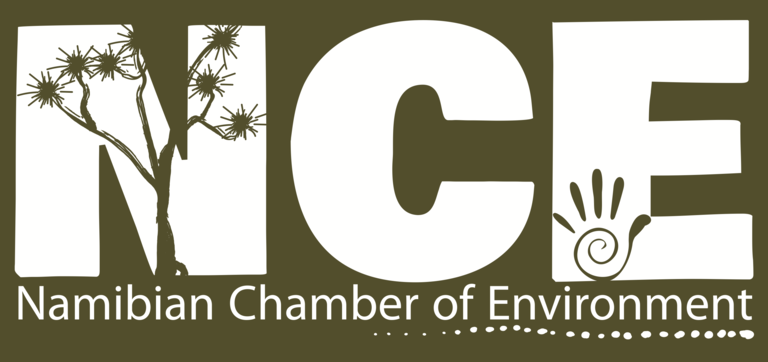
SunCycles Namibia
How localised e-mobility solutions are changing the face of conservation
By Marita van Rooyen
SunCycles Namibia
9th August 2019
Martin Mushabati is the leader of a group of conservancy game guards based at Salambala Conservancy, a 930 km2 community conservation area located at the southernmost tip of the Zambezi Region. As one of 20 men who work in teams of five, in shifts of one week per month, he is proud of his profession, “because watching over nature helps me get to know the animals and their behaviour.”
For Martin and many others in his position, duty starts at 6 a.m. as rangers prepare to patrol and protect the wilderness. His team covers a distance of 30 kilometres per day, a task done by bicycle, through thick sand and dense mopane woodland – an exhausting journey that can take up to three hours of continuous pedalling.
The introduction of electric bicycles (e-bikes) to the conservancy in 2017, an initiative by Namibian social enterprise SunCycles, provided a more effective alternative to former patrolling methods and changed the way in which Salambala’s rangers go about their daily duties. “With the help of my e-bike it is much easier to attend to the scene of a crime, or catch poachers in the act”, Martin explains. “It helps me not to get tired when on patrol, and to not feel pain in my thighs when I’m riding for longer periods at a time.”
As caretakers of the very first e-bikes for game guards, Martin and his men are global e-mobility pioneers in their own right. The e-bikes are designed and built by SunCycles and developed to cater to Namibia’s rugged off-road terrain. With puncture-proof tyres, a sturdy frame, low-maintenance parts and powered 100% by solar energy, e-bikes provide a sustainable answer to mobility and electricity challenges faced by communities in off-grid, rural areas. Rangers are now able to travel up to double their previous daily range, with much less exhaustion and strain on their bodies.
Along with supplying the e-bikes, this local initiative set up a solar recharge station at the team’s base camp in the midst of a dense forest. The solar station is an eco-friendly way to recharge the e-bike batteries, and it also supplies the camp with charging capacity for lights, mobile phones and two-way radios. These additions ensure that rangers can stay in constant contact with their seniors, while also enjoying some of the basic necessities of life in the depths of the forest.
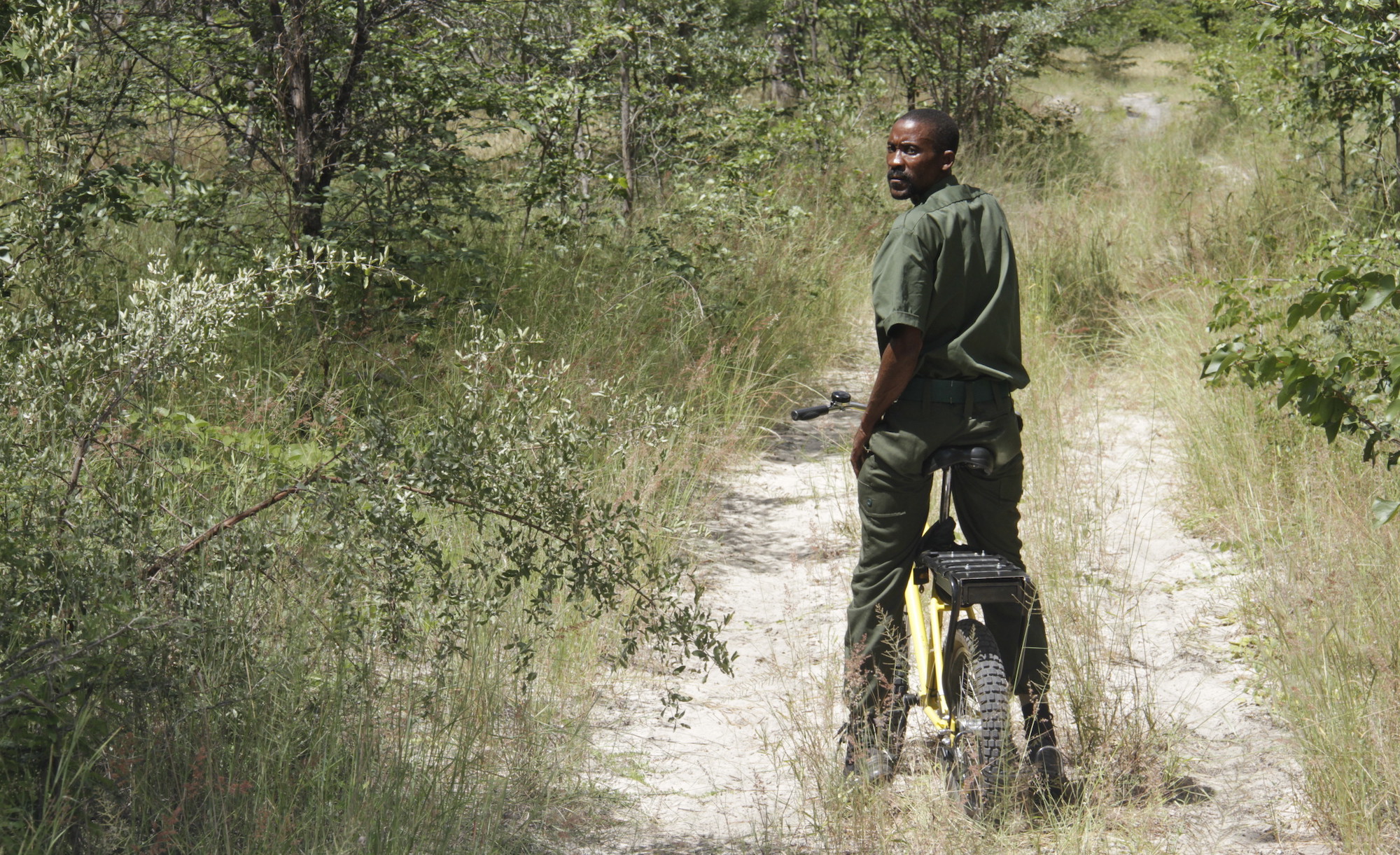
Game guard Edward Mwauluka from Salambala Conservancy uses a SunCycle e-bike to carry out his patrols.
While maintenance is often one of the biggest obstacles to sustainability, Salambala has proven that when guards are given ownership of their wheels, they will also take care of them. The game guards were given adequate training in maintaining electric components and are supplied with basic spare parts by a bicycle shop at Ngoma.
This project is supported by the FNB Foundation in collaboration with the Bicycling Empowerment Network of Namibia. The team at Salambala now has six e-bikes at their disposal. This success story has shown that electric mobility provides a sustainable, fast, silent and cost-effective alternative for protecting the natural environment. Since SunCycles’ e-bikes were first introduced to patrol protected areas, the Wuparo Conservancy has benefitted from a donation by German travel company Lernidee, while Ultimate Safaris’ Conservation Travel Foundation supported rhino rangers in the //Huab Conservancy with e-bikes to carry out their duties.

The SunCycles team handing over e-bikes and solar-charging facilities at the Salambala Conservancy headquarters.
Apart from supporting conservation initiatives, SunCycles’ e-bikes have also proven to be game changers in the local tourism industry. Joining the global movement towards holistic environmental management and alternative nature-based activities, Namibian accommodation establishments and tour operators are now switching from fuel-powered vehicles to these locally designed electric bicycles. This environmentally friendly form of transport is ideal for enjoying Namibia’s unspoiled natural environment.
Quad bikes and cars are known to cause damage to the natural environment – besides the noise, harmful emissions and high accident rates, their tracks ruin the sensitive landscapes and consequently the tourism value of these areas. E-bikes have great environmental advantages: they create less surface pressure, are quiet and emission-free. An e-bike also provides a special nature experience, as it can be used to explore existing animal tracks and does not disturb the wildlife.
In rural areas like Outapi and Katima Mulilo, SunCycles’ e-bikes have been successfully used as private commuters’ transport, communal taxis and to pull ambulance and recycling trailers. Additionally, e-bikes make cycling more accessible to different riders and fitness levels, including children, senior citizens and persons with disabilities, and they require no special training or any licenses.
The next goal for SunCycles is to introduce an affordable e-bike rental programme for commuters, students and visitors to Windhoek, thus supporting the city’s non-motorised transport initiative and providing a greener alternative to existing public transport.
With interest and dedication from local municipalities, communities, conservancies and tourism enterprises, and supported by private companies and individuals, SunCycles’ e-mobility alternatives provide a truly local solution to protect and preserve our natural environment for generations to come.
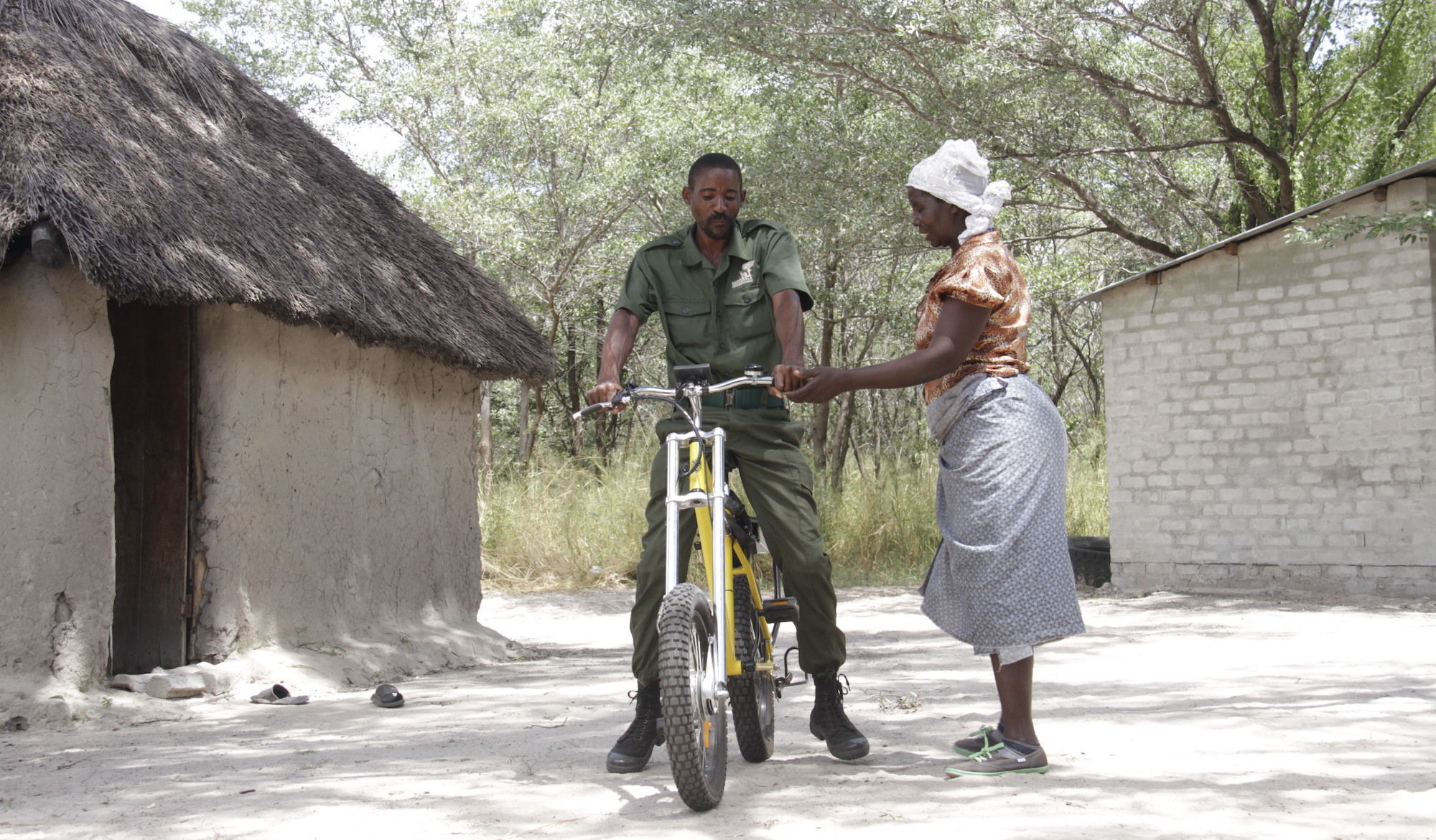

For more information about
SunCycles'
initiatives and projects through Namibia, visit:
www.ebikes4africa.org

For articles on similar topics, please click one of the following options:
If you enjoyed this page, then you might also like:
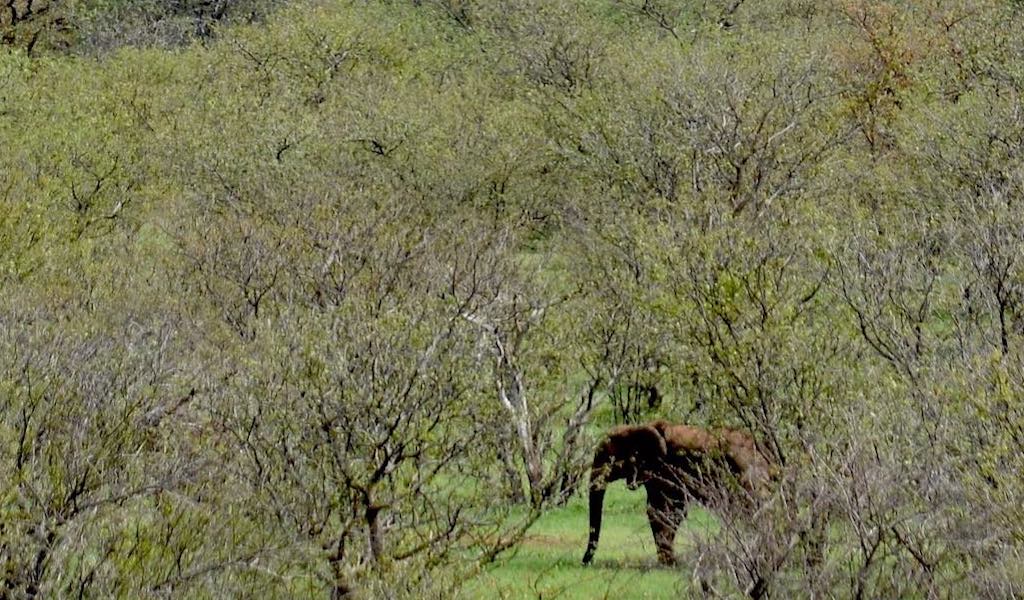
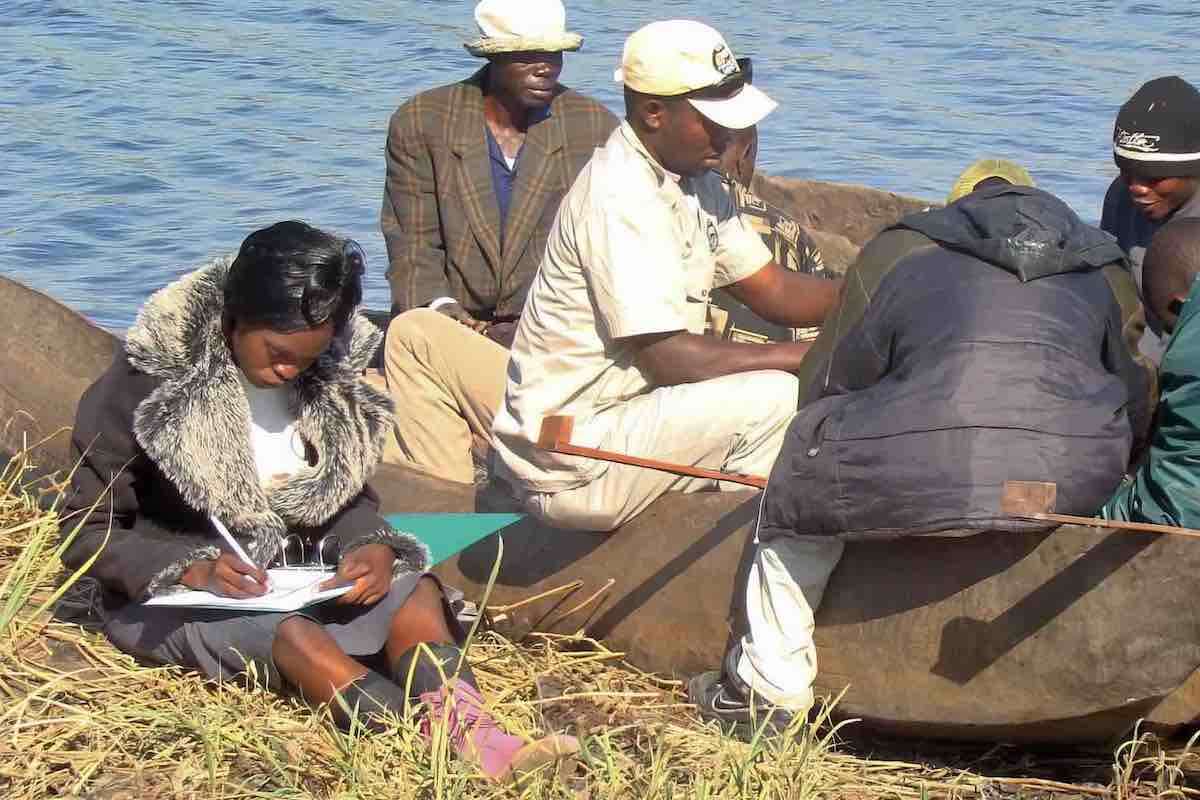

For more great articles from Conservation Namibia see below...
Conservation Namibia brought to you by:
We use cookies to monitor site usage and to help improve it. See our Privacy Policy for details. By continuing to use the site, you acknowledge acceptance of our policy.





